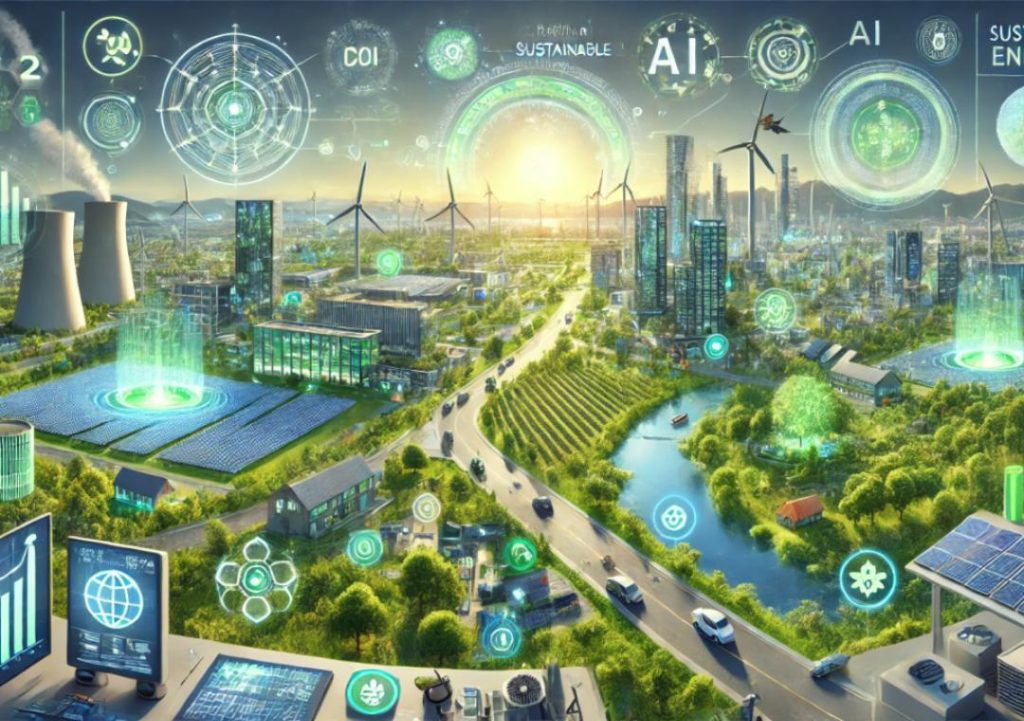
Startups Drive AI, Green Products, and Fintech Disruption
The startup ecosystem is buzzing with innovation, and three trends are leading the charge: AI automation, eco-friendly products, and fintech disruption. These emerging companies are revolutionizing the way we live and work, by replacing manual labor with smart tools, promoting sustainable alternatives, and making finance accessible through decentralized models – all while scaling profitably.
AI Automation: The Future of Work
Artificial intelligence (AI) has come a long way since its inception, and its potential to transform industries is vast. Startups like Automation Anywhere, a leading provider of AI-powered automation software, are already making waves in the job market. Their platform enables businesses to automate repetitive and mundane tasks, freeing up human employees to focus on higher-value tasks.
AI-powered automation is not limited to industries like manufacturing and logistics; it’s also transforming the way we work in industries like healthcare, finance, and customer service. For instance, AI-powered chatbots are replacing human customer support agents, providing 24/7 assistance and improving customer satisfaction.
Eco-Friendly Products: A Sustainable Future
The world is waking up to the importance of sustainability, and startups are leading the charge. Eco-friendly products, such as reusable bags, refillable water bottles, and biodegradable packaging materials, are gaining popularity. Companies like LanzaTech, a biotech startup, are developing sustainable solutions for industries like energy, agriculture, and transportation.
Startups like Patagonia, known for their environmentally-friendly outdoor apparel, are pushing the boundaries of sustainable fashion. Their efforts include using recycled materials, reducing waste, and promoting eco-friendly practices throughout their supply chain.
Fintech Disruption: Democratizing Finance
The financial industry is undergoing a significant transformation, thanks to fintech startups. These companies are leveraging technology to make finance more accessible, efficient, and cost-effective. Platforms like Robinhood, a popular fintech app, are disrupting traditional brokerages by offering commission-free trading and a user-friendly interface.
Other fintech startups, like Revolut, are providing innovative payment solutions, such as borderless accounts, cryptocurrency exchange, and real-time currency conversion. These services are revolutionizing the way we manage our finances, making it easier to send and receive money across borders.
Scalable Profitability
While these startups are driving innovation, they’re also achieving scalable profitability. Companies like Zoom, a video conferencing platform, have disrupted the traditional meeting culture, and their platform has become a staple in many businesses. Zoom’s success is a testament to the power of innovation and scalability.
Another example is Warby Parker, an eyewear startup that has disrupted the traditional optometry industry. By leveraging technology and a direct-to-consumer business model, Warby Parker has achieved remarkable growth, with over 100 physical stores and a strong online presence.
Conclusion
The startup ecosystem is driving innovation in AI automation, eco-friendly products, and fintech disruption. These emerging companies are transforming industries, promoting sustainable practices, and making finance more accessible. As these trends continue to evolve, we can expect to see even more innovative solutions that disrupt traditional business models and improve our daily lives.
Source:






